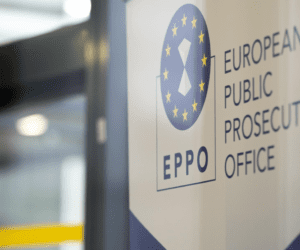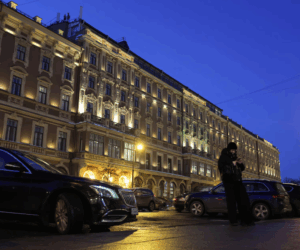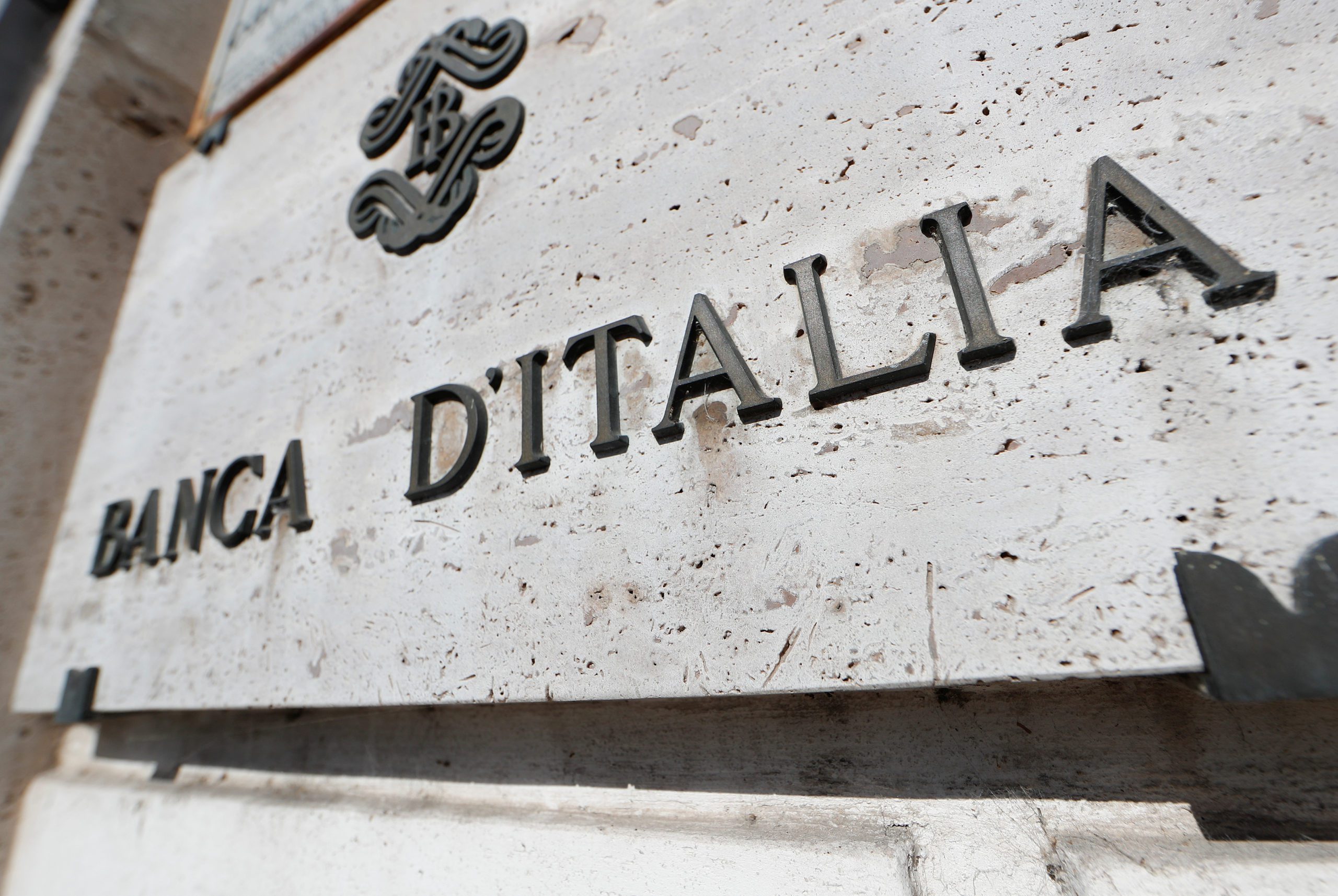By Frances Fitzgerald MEP
The EU and its Member States have not covered themselves in glory when it comes to Anti-money laundering enforcement in recent years. A wave of controversies have left policymakers and regulators struggling to get a grip with the flows of dirty money in Europe.
In 2018, US law enforcement authorities uncovered institutionalised money laundering at the now-defunct Latvian bank ABLV — much of it linked to Russia.
In 2017-2018 it was revealed that €200 billion in suspicious transactions were channelled through Danske Bank’s Estonian branch – possibly the largest money laundering scandal ever in Europe.
ING bank was fined €775m for lax crime prevention in 2018 while earlier this year Deutsche Bank was fined $425 million for its part in a $10 billion Russian money-laundering scheme.
In response to these incidents, the European Commission unveiled a package of measures in early May that proposes sweeping changes to the current AML regulatory framework. The proposed changes represent potentially the greatest overhaul of EU Anti-Money Laundering rules since they first came about in 1990.
Single EU Watchdog for AML
The most striking feature of the package is the proposal for a single EU watchdog to enforce anti-money laundering rules. Supervision is currently done at a Member State level and practices often vary from country to country. This leads to problems when it comes to cracking down on AML incidents at a cross-border level.
But questions remain, such as: who will take charge of this new body? How far-reaching will its powers be? Given that the European Banking Authority (EBA) currently has coordination powers in this area, the Commission has suggested that this could be the body responsible for the new role. However, the EBA only has competence in banking matters while AML issues stretch well beyond the financial sector.
The Commission has committed to table a legislative proposal that will set out the detail of the new EU-level AML supervisor in the first quarter of 2021.
Single EU rulebook for AML
The Commission also proposes to deliver more effective ways of ensuring that EU rules are applied consistently across Member States. There is no doubt that this fragmented legislative landscape across the EU has allowed for loopholes to be exploited. One example of this fragmentation is that Financial Intelligence Units (FIUs) in the EU have completely different powers when it comes to the freezing of assets.
Therefore, the Commission will propose a new Single EU rulebook for Anti-money laundering rules in early 2021 that aims to make EU legislation more precise and granular. As part of this process, the Commission will propose to turn parts of the EU Anti-Money Laundering Directive into a Regulation, as a way of ensuring harmonisation of rules. The goal is to ensure that Member States are on the same page and all businesses are playing by the same rules.
Coordination Mechanism for FIUs
Financial Intelligence Units are at the coalface of anti-money laundering enforcement. But there is still limited exchange of information between FIUs in different Member States. Moreover, there has been a lack of joint analysis between FIUs when it comes to cross-border AML incidents.
To address this issue, the Commission plans to set up an EU coordination and support mechanism for FIUs. This mechanism would help to, for example, identify suspicious transactions with a cross-border dimension, develop joint analysis of cross-border cases, and identify trends and factors relevant to assessing the risks of money laundering.
Strengthening the international dimension of the EU’s AML framework
Money laundering is a global issue involving countries and regions all over the world. Money laundering schemes are often interconnected webs of transactions involving countries in various regions.
Global AML standards have been developed through the Financial Action Task Force (FATF). However, there are concerns that global standards often fall well below the EU’s. Therefore, the Commission plans to ensure that the EU’s voice becomes more prominent in FATF fora.
Additionally, the EU will update its methodology for defining its blacklist of third countries that have insufficient money laundering standards.
Strong Parliamentary oversight
As a co-legislator, the European Parliament is tasked with scrutinising each of the Commission’s AML legislative proposals and then reaching agreement with the European Council.
The Parliament has consistently been pushing for more effective EU powers when it comes to AML enforcement. In a resolution adopted in September 2019, the Parliament called for increased impetus in developing new AML initiatives at EU and Member State level. There is a high degree of cross-party consensus to radically overhaul the EU’s current AML regulatory framework to prevent further money laundering scandals.
And while some Member States have previously tried to prevent an AML overhaul, the current political environment leaves little room for resistance. Furthermore, the coronavirus has amplified the need to address AML deficiencies with cybercrime on the rise and more incidents of virtual money laundering.
Europe as a leader in the fight against money laundering
Europe cannot afford to be seen as a gateway for dirty money to be channelled to criminals. A lack of proper control and enforcement is at the root of this problem and the Commission is right to push for a complete reform of the current system.
It is estimated that up to $2 trillion is laundered globally every year. This is money that could be going towards helping our economies, particularly as we start the recovery process from COVID-19.
Tougher enforcement of AML rules will bring that money back to Member States and countries that need it. Through a radical policy overhaul, the EU can become a global leader in the fight against money laundering. The Commission has prepared the groundwork. It is now up to Member States and the European Parliament to make it a reality.
Frances Fitzgerald is a Member of the European Parliament, a full member of the ECON Committee, former Deputy Prime Minister and Justice Minister, Ireland











